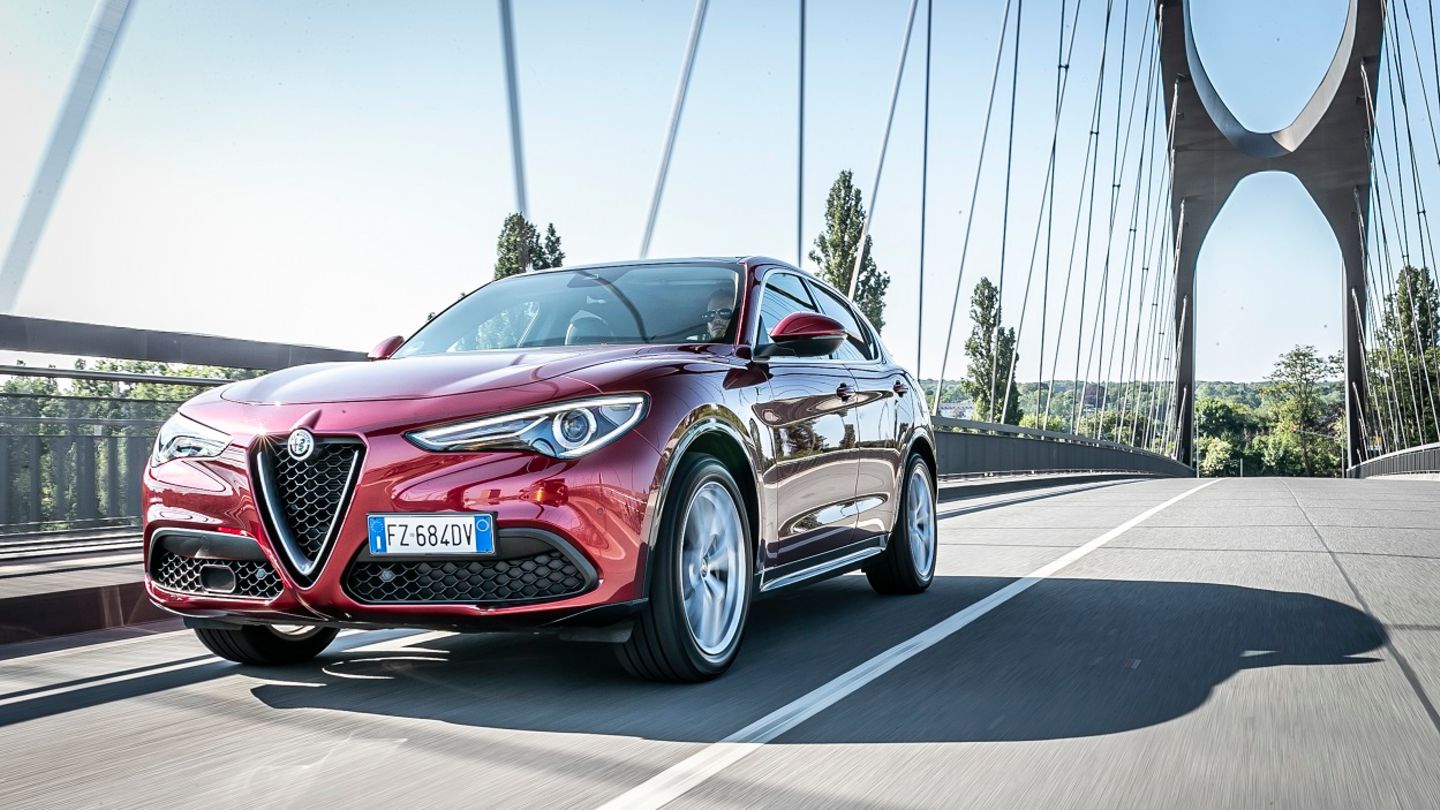The European Union is reorganizing itself on energy issues. On the subject of gas, the states have now taken a step forward.
After nine hours of wrangling over measures to counter high energy prices, the EU countries have agreed to buy gas together.
“I welcome the fact that we will use our joint negotiating power,” said Commission President Ursula von der Leyen after the summit on Friday evening. “Instead of outbidding each other and driving prices up, we will pool our demand.” In the case of pipeline gas, the EU represents around 75 percent of the market. “We have enormous purchasing power,” said von der Leyen.
There was initially no agreement on a direct cap on gas prices, such as those demanded by Italy, Portugal, Spain or Greece. Countries like Germany and the Netherlands opposed such market intervention. Demands by Spain to separate the electricity price from the gas price – since they are linked by a price mechanism – were also rejected. Spain is particularly affected by the high prices.
The declaration now states that the countries and the Commission should discuss with stakeholders in the energy sector whether and how price caps or tax rebates, among other things, could help to lower the price of gas and combat its “contagion effect” on the electricity markets. At the same time, the heads of state and government are calling for proposals from the Commission to tackle high electricity prices, safeguard the integrity of the internal market and create incentives for the energy transition.
The states are already hoping for a price advantage through joint gas purchases on a voluntary basis. One wants to use the “collective political and economic weight of the European Union” to push down prices in purchase negotiations, according to the statement. According to the Commission’s plans, a team under it could negotiate with suppliers with the support of the Member States – similar to the joint purchase of corona vaccines. According to the statement, the joint purchases should also be open to Ukraine, Moldova and Georgia, as well as the countries of the Western Balkans.
Countries also backed a Commission law proposal on mandatory gas reserves to stockpile for this winter. This must now be negotiated and approved by the EU countries and the European Parliament.
Source: Stern
Jane Stock is a technology author, who has written for 24 Hours World. She writes about the latest in technology news and trends, and is always on the lookout for new and innovative ways to improve his audience’s experience.




